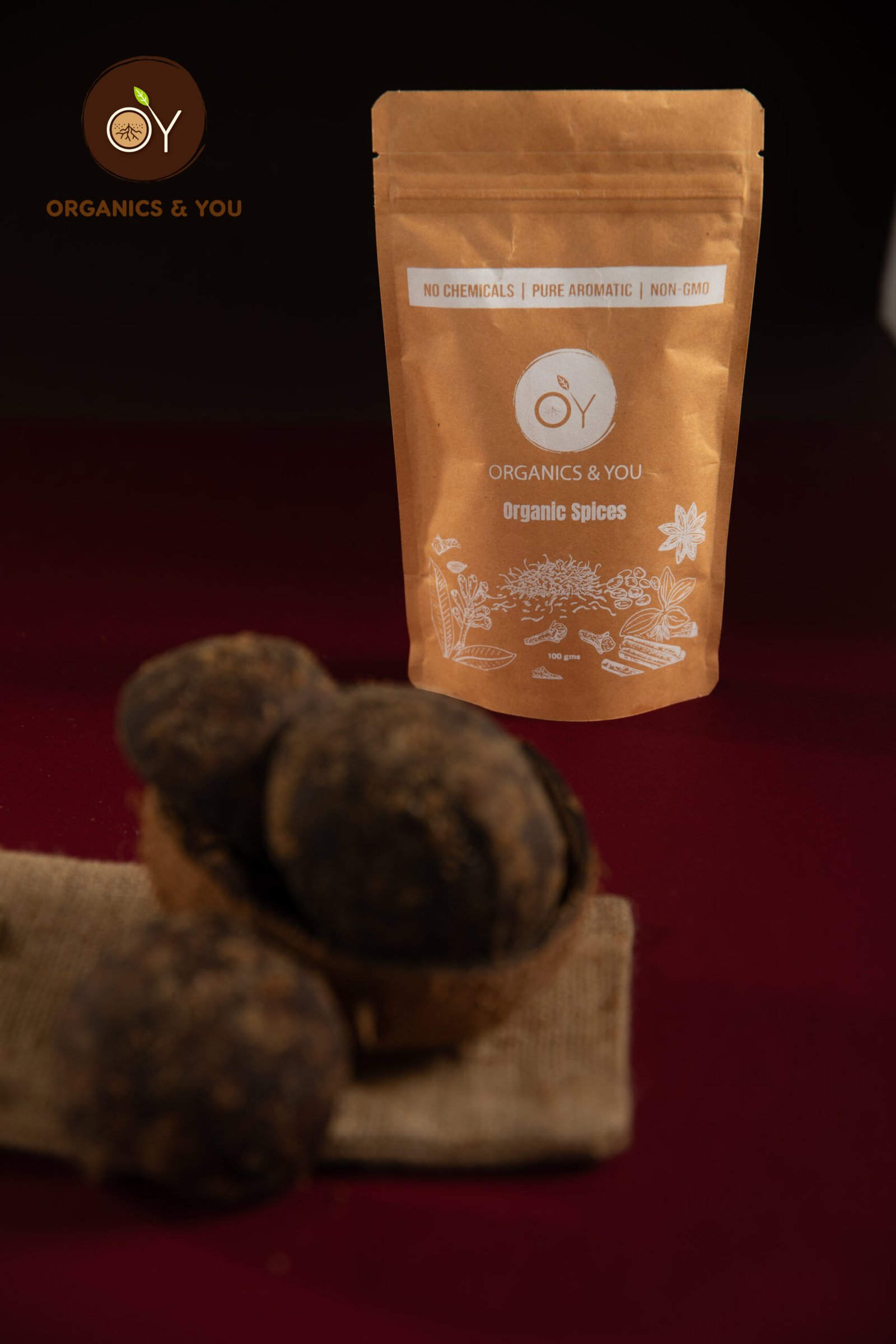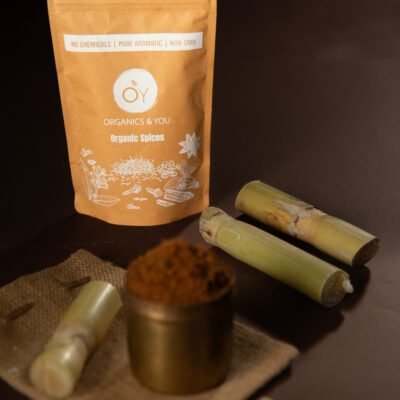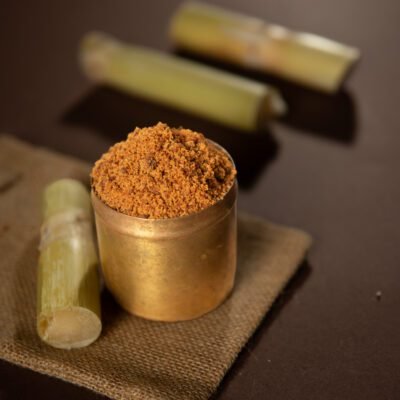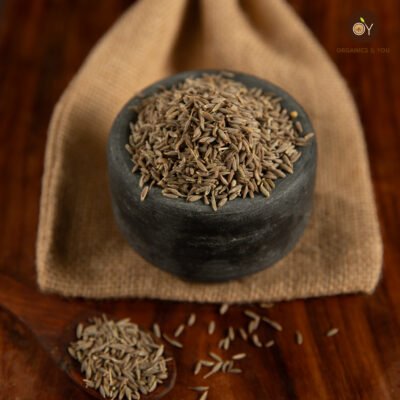Description
Understanding Palm Sap: The Source of Unrefined Sweetness
Palm sap is a remarkable natural sweetener derived from the sap of various palm trees, such as the sugar palm or coconut palm. The process of harvesting palm sap is both artful and traditional, requiring skilled labor. First, the flower buds of the palm trees are carefully tapped to collect the sap, which is a clear liquid flowing from the tree. This sap is typically harvested at dawn, ensuring its freshness and sweetness. After the collection, the sap undergoes minimal processing; it is often boiled to evaporate excess moisture, resulting in a thick syrup known as palm sugar, which retains all the nutrients and flavors present in the original sap.
The unique properties of palm sap set it apart from refined sweeteners. It is known for its rich caramel flavor, which adds depth to various dishes, enhancing both savory and sweet preparations. The caramel notes make it an excellent sweetener for desserts such as cakes, cookies, and ice creams. Furthermore, its complex flavor profile works well in marinades, sauces, and dressings, lending a distinct taste that is both authentic and satisfying.
Culinary versatility is one of the standout features of palm sap. Home cooks and professional chefs alike have embraced this unrefined sweetener in various cuisines ranging from Southeast Asian to Western dishes. For instance, it can be drizzled over pancakes or oatmeal, utilized in baking recipes, or used to sweeten beverages like teas and smoothies. The widespread appeal of palm sap lies not merely in its sweetness but also in its ability to elevate the overall taste of a dish, making it an essential ingredient for those opting for healthier, unrefined alternatives in their cooking practices.
Nutritional Benefits of Palm Sap: A Sweetener That Nourishes
Palm sap, an unrefined natural sweetener acquired from the sap of various palm trees, has garnered attention not only for its sweetness but also for its nutritional profile. One of the most significant advantages of palm sap is its ability to provide a natural energy boost. Rich in carbohydrates, it serves as an excellent source of quick energy, making it an ideal choice for those needing an immediate uplift during physical activities or busy days.
Furthermore, palm sap is notable for its high iron content, which plays a crucial role in maintaining blood health. Iron is a vital mineral that aids in the production of hemoglobin, the protein in red blood cells responsible for transporting oxygen throughout the body. Thus, incorporating palm sap into one’s diet may help prevent anemia and enhance overall vitality. Alongside iron, palm sap contains an array of essential vitamins and minerals, including potassium, magnesium, and vitamin C, all of which contribute to various bodily functions and overall well-being.
Comparing palm sap to refined sugars reveals significant health benefits. Refined sugars are often stripped of their natural nutrients during processing, leading to empty calories with little nutritional value. In contrast, the nutritional composition of palm sap means it not only satisfies sweetness cravings but also supports a balanced diet. The presence of minerals such as potassium aids in maintaining healthy blood pressure levels, while vitamins contribute to immune function, making palm sap a more health-conscious alternative to conventional sweeteners.
By integrating palm sap into everyday meals and snacks, individuals can enjoy a delicious source of natural sweetness while simultaneously nourishing their bodies. This versatile sweetener allows for creative culinary applications, proving that choosing healthier sweeteners can enhance both taste and nutritional value.


























Reviews
There are no reviews yet.